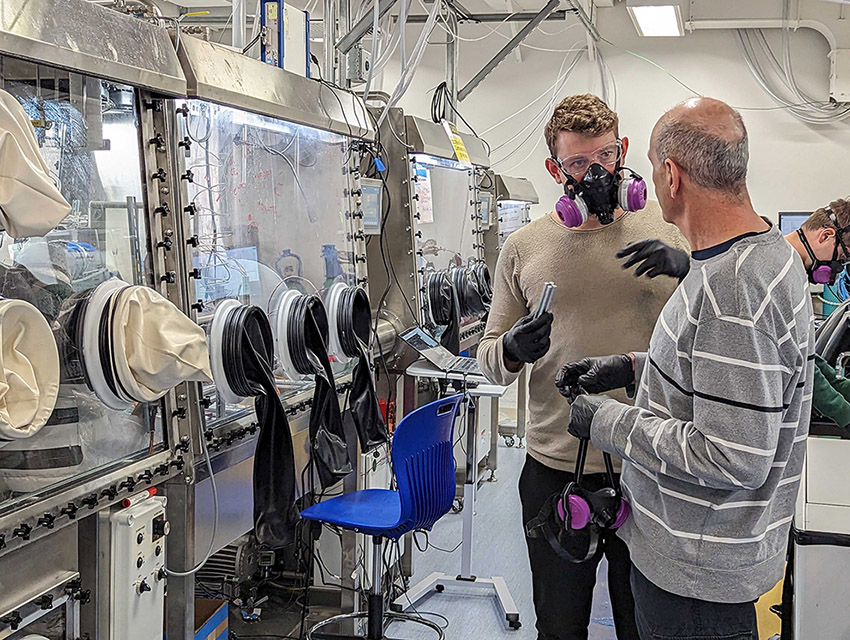Riccardo Chebac
PhD thesis title: A Multidisciplinary Approach to the Handling of I-Graphite
Academic Tutor: Marco Ricotti
Academic Supervisor: Fabrizio Campi and Alessandro Porta
PhD cycle: 36° (see all student profiles of the same cycle > LINK)

PhD thesis title: A Multidisciplinary Approach to the Handling of I-Graphite
Academic Tutor: Marco Ricotti
Academic Supervisor: Fabrizio Campi and Alessandro Porta
PhD cycle: 36° (see all student profiles of the same cycle > LINK)
Analysis and optimization of power conversion systems for advanced modular reactors
Numerical modelling of the generation-IV Molten Salt Reactor
Nuclear Energy Systems for Space Applications
Thermal hydraulics and passive safety systems in small modular reactors
Techno-economic, financial and business modelling of lead-cooled fast reactors
Experimental analysis and modeling for the design of advanced nuclear facilities
Multi-scale and multi-physics modelling of fuel pin behaviour in the MYRRHA reactor
Advancements in Modeling High-Enriched Pu MOX Fuel for Gen-IV Liquid Metal Reactors
Development of data-driven Reduced Order Modelling with application to MultiPhysics system
Experimental and Numerical analysis of Compact Plate Heat Exchanger for modern Small Modular Reactors
Mechanistic multi-scale modelling of fission product behaviour in oxide fuels for application to Generation III and IV nuclear reactors
Development and characterization of protective coatings resistant to irradiation
Advancements in modelling the thermal-mechanical behaviour of MOX-fuelled pins and application to liquid-metal fast reactor conditions